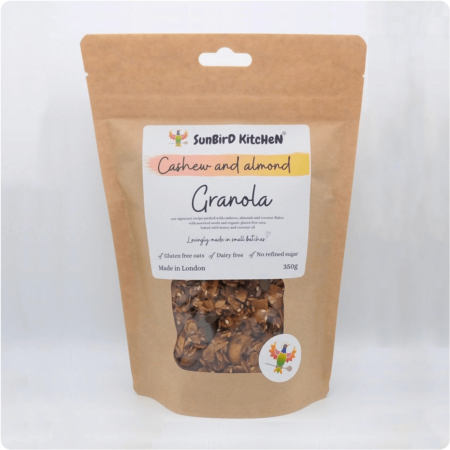
IBS (Irritable Bowel Syndrome)
Written by Melanie Dixon

Irritable Bowel Syndrome
IBS (irritable bowel syndrome) is a common disorder affecting around 1 in 5 people in the UK. It’s known as a functional gastrointestinal disorder – basically, this means there’s a problem with the way the gut functions, rather than any structural or auto-immune issue.
IBS is diagnosed by assessing symptoms and excluding other health issues which have a similar presentation, such as Coeliac disease or inflammatory bowel disease. Your GP may recommend blood tests or further investigations (endoscopy, sigmoidoscopy or colonoscopy) to rule these out.
There are 3 different types of IBS:
- IBS-D: diarrhoea-dominant (watery and loose stools)
- IBS-C: constipation-dominant (hard and difficult to pass stools)
- IBS-M (mixed type): alternating diarrhoea and constipation, often on the same day
With IBS, your digestive tract becomes sensitive and bowel muscle contractions are affected. This is what causes the uncomfortable and unpleasant symptoms.
Common Symptoms
- Bloating
- Excess gas
- Abdominal pain and cramps
- Diarrhoea, constipation or both
- Mucus in the stool
Common Causes
The exact cause of IBS is unknown, but these are some of the common triggers:
- Gastritis, food-poisoning or other gut infection
- Food intolerance, such as lactose or gluten
- Stress or anxiety
- Digestive disorders or abnormal gut motility
- Hormonal changes
Top Tips To Feel Better





Follow a Low FODMAP diet – you may find that eliminating foods high in FODMAPs (fermentable oligo-, di-, mono- and polysaccharides – simple sugars) may help. Although usually considered healthy, these foods can be more tricky to digest and so often trigger IBS symptoms. Garlic, leeks, onions and cruciferous vegetables are examples of foods which are high in FODMAPs. A dietician or nutritional therapist can advise you on how to follow a low FODMAP diet and make sure you’re not missing out on important nutrients.



